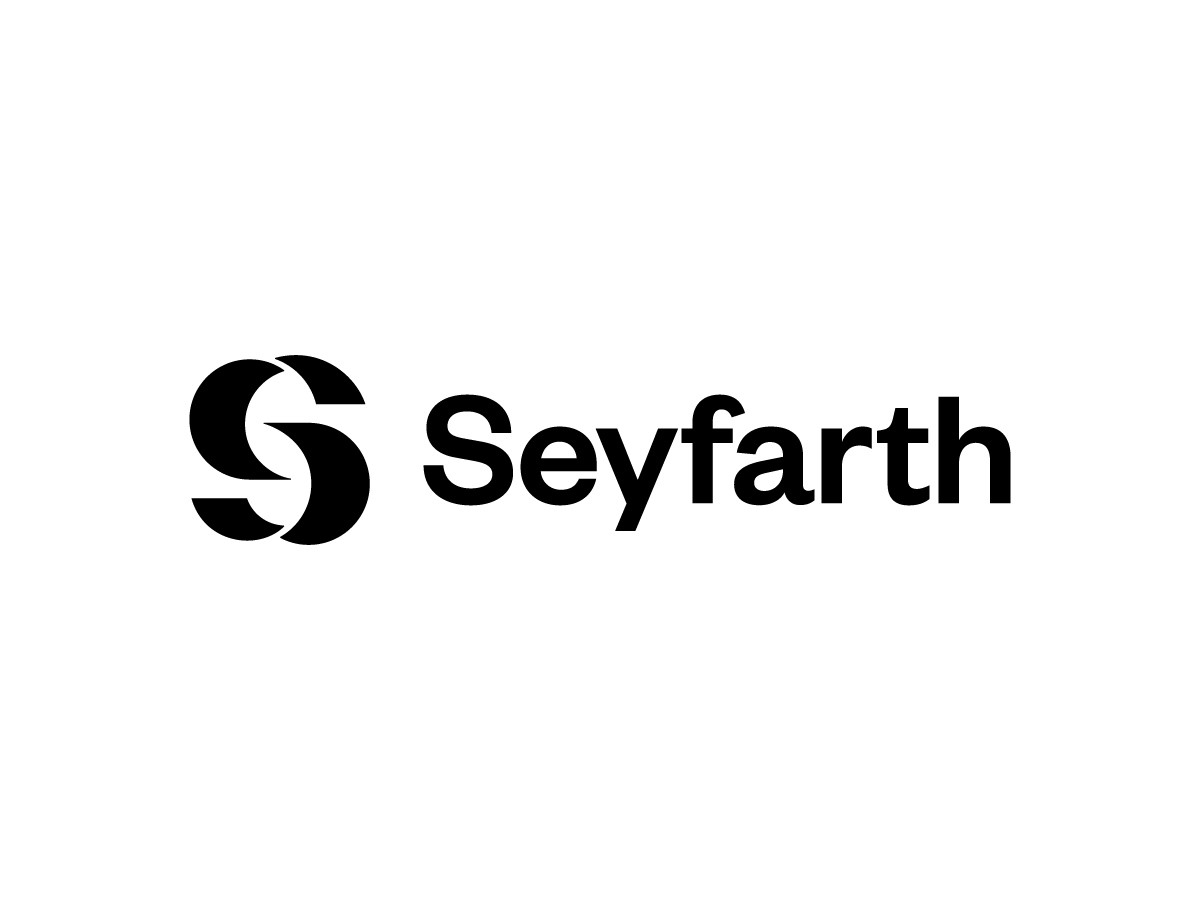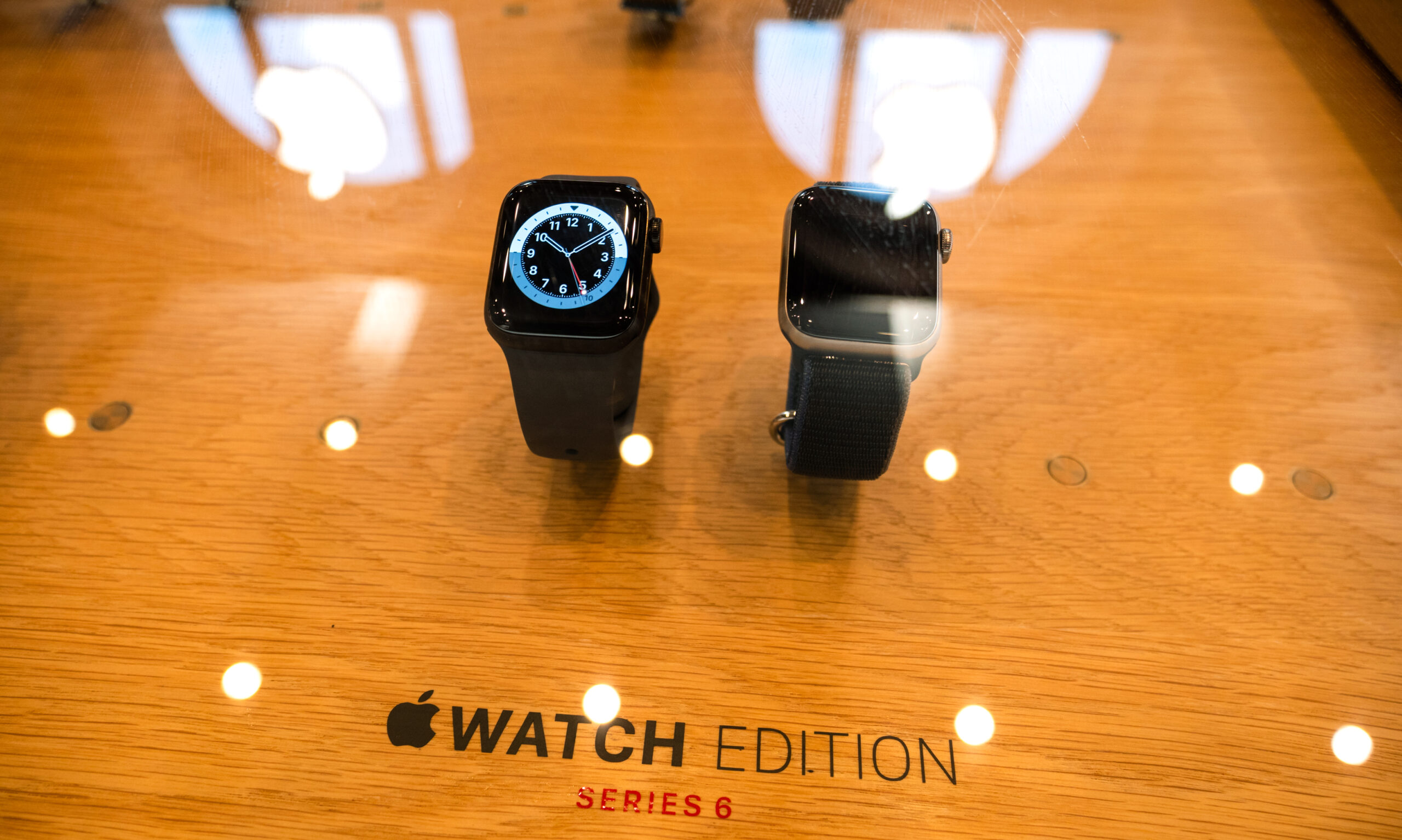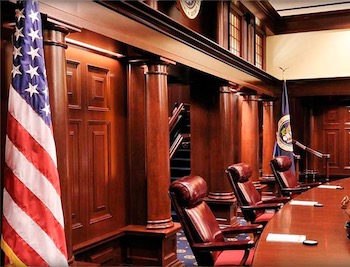Lanham Act May “Trump” First Amendment (For Once) | Seyfarth Shaw LLP
In what appears to be a shift from prior decisions striking down portions of the federal Lanham Act on First Amendment grounds, the U.S. Supreme Court seems likely to rule against a trademark applicant seeking to register a mark commenting on former President Donald Trump.
As we wrote earlier this year, the Supreme Court granted cert to review Vidal v. Elster, which involves the U.S. Patent and Trademark Office’s (USPTO’s) denial of Steve Elster’s application to register the trademark TRUMP TOO SMALL for t-shirts. In refusing registration, the USPTO cited Section 2(c) of the Lanham Act, which prohibits the registration of marks that consist of or comprise a name, portrait, or signature identifying a particular living individual except when the individual has provided his or her written consent. Elster claims, however, that this section of the Lanham Act is unconstitutional because it violates his First Amendment right to free speech, i.e., his right to criticize a political figure.
This case is the third in a trio of cases pitting the Lanham Act against the First Amendment. The high court previously struck down provisions of the Lanham Act prohibiting registration of marks that are disparaging (Matal v. Tam) and marks that are immoral or scandalous (Iancu v. Brunetti). In the instant case, the Justices are considering whether the Lanham Act’s prohibition against registration of marks that identify a particular individual (where the individual’s consent is not of record) similarly runs afoul of the First Amendment.
Based on the Justices’ remarks during oral argument on November 1, the Court appears poised to side with the USPTO and affirm the refusal of Elster’s trademark application. Of the justices who asked questions, each appeared skeptical that Elster’s First Amendment rights would be infringed by virtue of the USPTO denying his trademark application. For example, Justice Gorsuch referenced the “long historical tradition [of] … content-based restrictions” when a person’s name is involved. Justice Sotomayor was more direct: “The question is, is this an infringement on speech? And the answer is no. [Elster] can sell as many shirts with this saying, and the government’s not telling him he can’t use the phrase.”
In another notable exchange, Justice Kagan asked Elster’s counsel to give an example of a case “that would show that the government is prohibited from declining to subsidize expressive activity in a way that is not viewpoint-based.” When counsel could not come up with an example, Justice Kagan responded by identifying a number of decisions that have held that “as long as it’s not viewpoint-based, government can select, government can give the benefit to some and not the benefit to others.”
One of the key differences between this case and other recent trademark decisions involving the First Amendment, it seems, is that the prohibition in question (trademarks identifying a particular individual) is viewpoint neutral, whereas the prohibitions the Court previously struck down (disparaging, immoral, and scandalous trademarks) were by their nature not viewpoint neutral.






